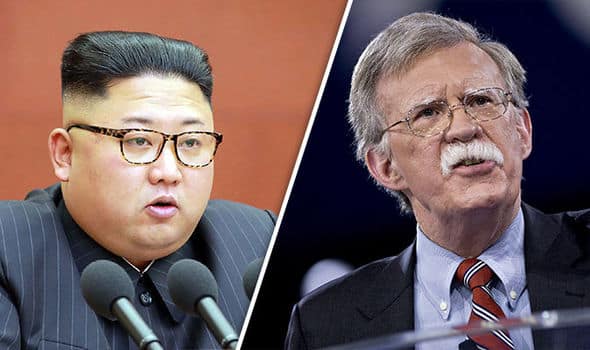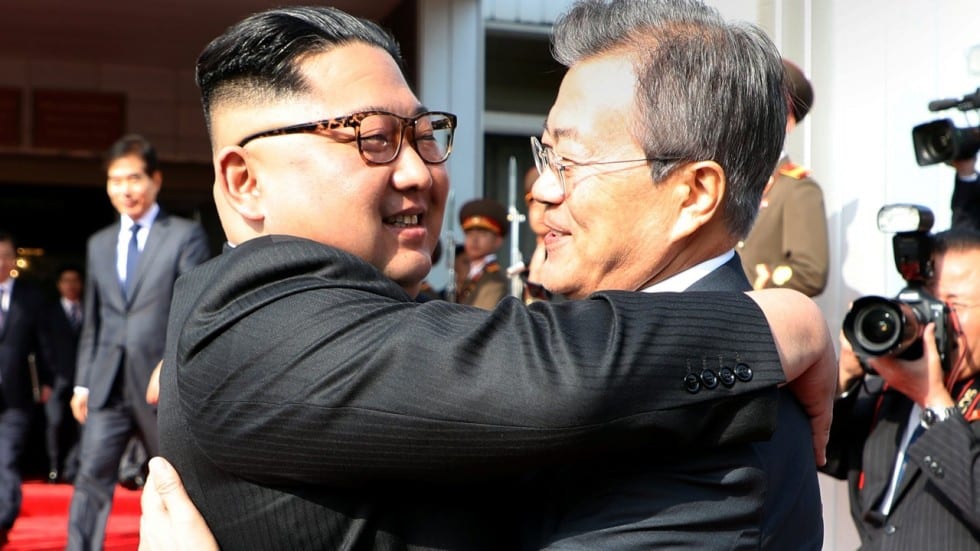For the first time since the Singapore summit, a shadow of doubt has been cast over the Korean peace process. Its source is the United States’ unyielding demand for complete North Korean nuclear disarmament before ending the Korean War and prior to allowing the...


